2019-04-04
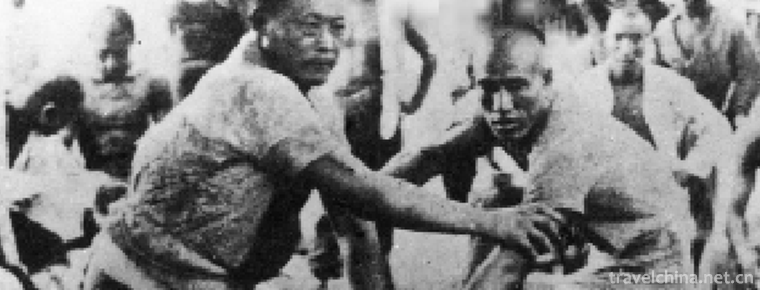
- By ChinaWiki.net
- Chinese Edition
- 2019-06-21
Flyover wrestling
In the 1930s, when Peiping wrestling was very popular, Peiping wrestling was famous all over the country. At that time, the strongest wrestling master of Peiping overpass was Shen San (Shen Yousan), Bao San (Bao Shanlin), and Yang Chunheng. A coincidence breaks a jack, which is now termed "free-handed wrestling". Beiping Tianqiao opened the first wrestling venue to sell art. The wrestling movement pays attention to the aesthetic feeling of performance, which makes people enjoy visual enjoyment. It sublimates Chinese wrestling to the artistic realm of "Wuxiangsheng", and makes Chinese wrestling develop another branch of art from pure competition.
On June 7, 2008, flyover wrestling was listed in the second batch of national intangible cultural heritage list with the approval of the State Council.
Brief Introduction to Wrestling
In 2008, it was listed as the second batch of national intangible cultural heritage by the State Council.
Flyover Wrestling - Chinese style wrestling, which used to be popular in the old Beijing Flyover, has also been a hot topic after dinner. Chinese style wrestling, a fighting skill inherited for thousands of years in China, has almost disappeared in decades after its brief popularity at the beginning of the last century.
Tianqiao Wrestling Ground was once famous. Since the 1920s, Shen San (Shen Yousan), Bao San (Baoshanlin), Zhang Dogzi (Zhang Wenshan), Man Baozhen and other famous wrestlers have appeared successively. As a competitive sport, wrestling has the nature of confrontation, while the flyover wrestling field is a performance competition of speaking, practicing and combining reality with reality. It has both Kungfu and interesting, which is pleasing to the eyes.
Before the start of the competition, as usual, "round stick" (river and lake terminology: to attract audiences meaning), artists chattered, while walking around the field, while wearing cocktail, "cocktail" in layers of thick white cloth into half-sleeved, collarless, chest-baring clothes, waist with camel velvet rope tied, wearing dark Chinese-style lanterns, knife-bellied thin bottom boots. It is said that this appearance is still the standard sportswear handed down from the Qing Dynasty. The original "good poaching camp" was an official training ground for wrestling. The wrestlers were called "poaching households". They were divided into first-class poaching households and second-class poaching households. When there was a banquet for Mongolian kings in the palace, they were asked to perform their skills and sometimes the emperor came to watch. In addition to being good at fighting camps, wrestling has also been widely carried out among the people and has become a mass sports activity.
The Origin of Wrestling
During the reign of Emperor Kangxi in Qing Dynasty, the skybridge in Beijing appeared the rudiment of the market. By the end of the Qing Dynasty and the beginning of the Republic of China, the overpass market had developed rapidly. There were many vendors performing acrobatics, martial arts, Zhongyu, wrestling, juggling and storytelling. "Dropping the ground" is a performance of setting up a shed on the flat ground and bench seats in the shed. Among them, wrestling is one of the most popular, popular and popular items in the performance.
Wrestling, also known as Chinese-style wrestling, is a combination of the advantages of all ethnic groups in history. Wrestling was recorded in the Han Dynasty and has gone through more than two thousand years of development. In the Qing Dynasty, the rulers of the Qing Dynasty advocated martial arts and established a "good battalion", specially selecting and training excellent wrestlers Gongwei capital. After the collapse of the Qing Dynasty, Shanpu Camp settled among the people and opened wrestling halls or street performances. Skybridge market, Tianjin "three no matter" and other places are the most concentrated place for wrestling sales. Shen San and Bao San, the first professional wrestling promoters in Tianqiao, are the descendants of Qingshan Puying Head and other Puhu Wanba (Wanyongshun).
After the founding of New China, under the leadership of Baosan, Tianqiao Baosan Wrestling Ground, the second generation of wrestling successors Chen Jinquan, Ma Guibao, Fu Shunlu, Xu Mao, etc., took turns to perform their skills. Mr. Bao Shanlin gradually transformed the single wrestling performance into an artistic form of wrestling. At the same time, he absorbed the artistic form of cross talk performance. The wrestling performance was brilliant and fierce, with rich explanatory language and funny humor, which attracted a large number of audiences. Every day, there were no empty seats in the front of the show. Although flyover wrestling has trained the fifth generation of inheritance, there is no guarantee of life and no fixed training ground, which also causes the lack of successors, so there is still a crisis in inheritance work.
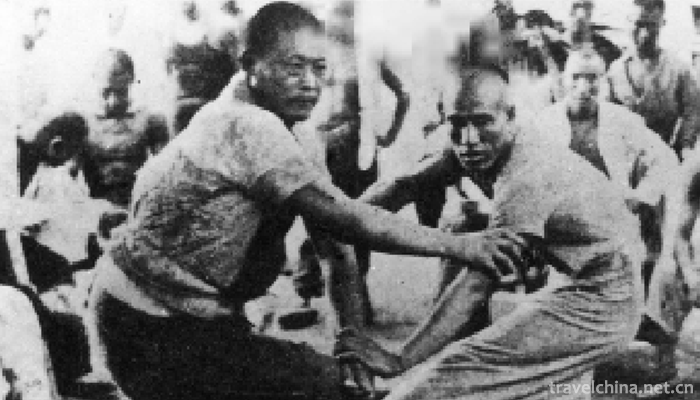
Ask a Question
Your email address will not be published.
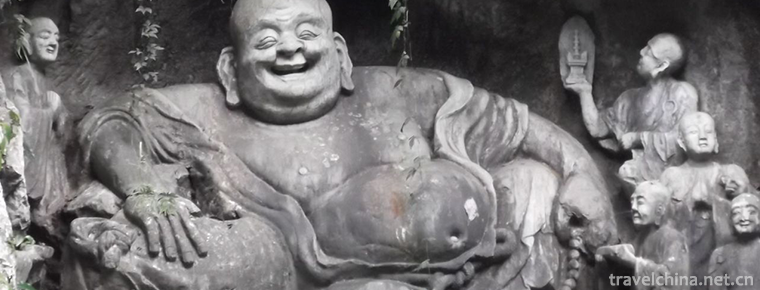
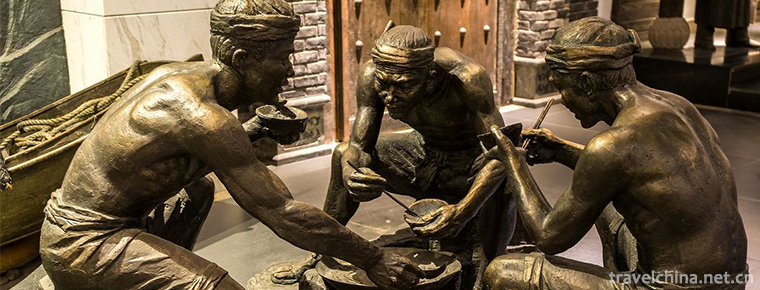
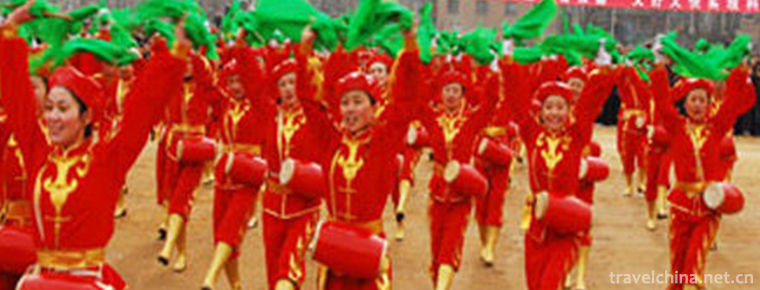
0 Questions